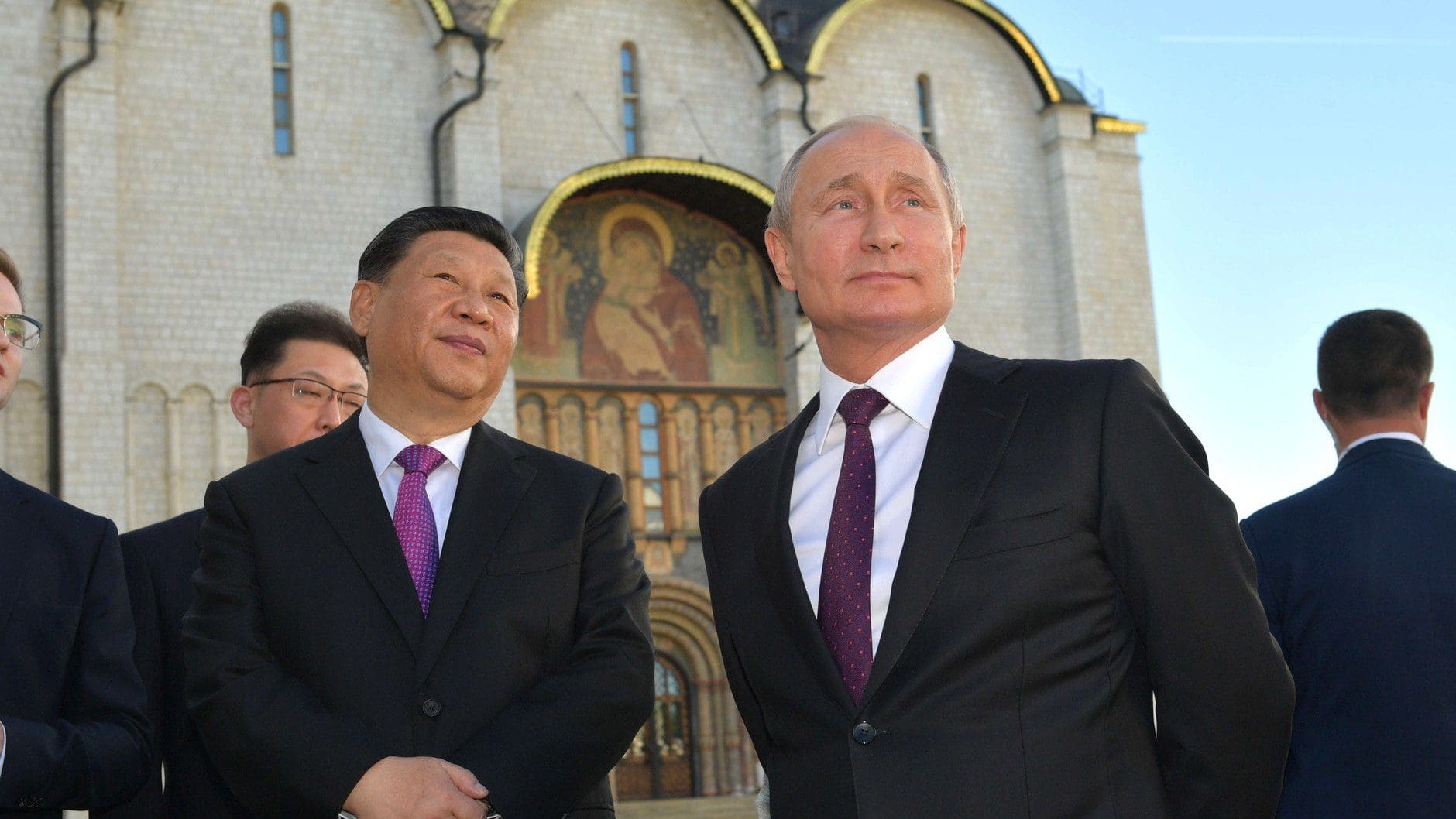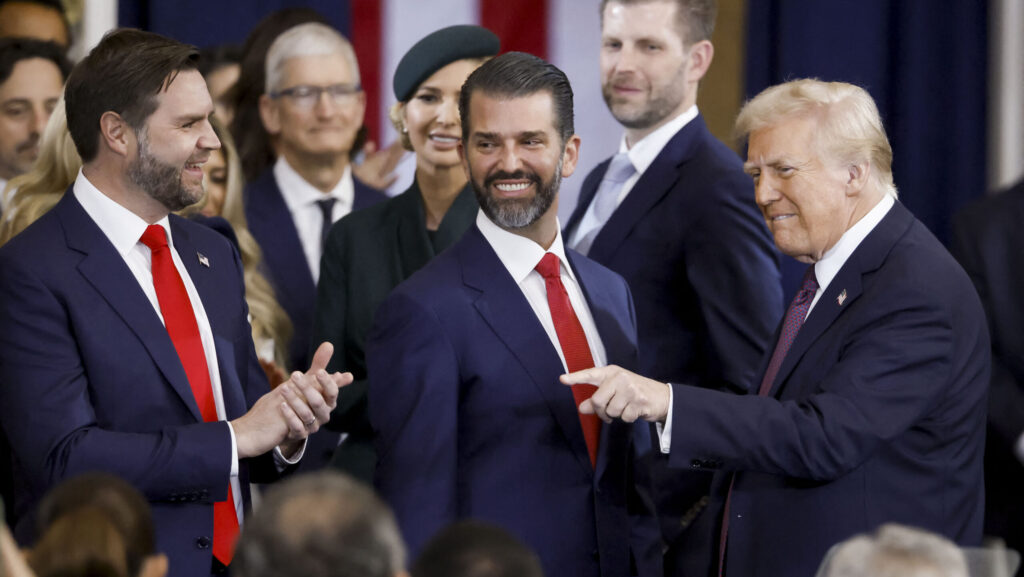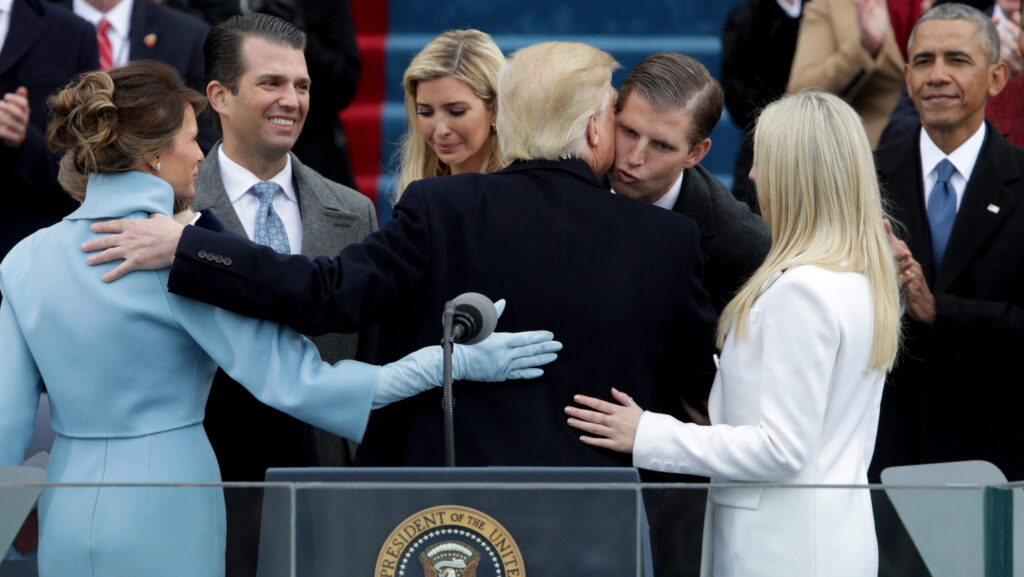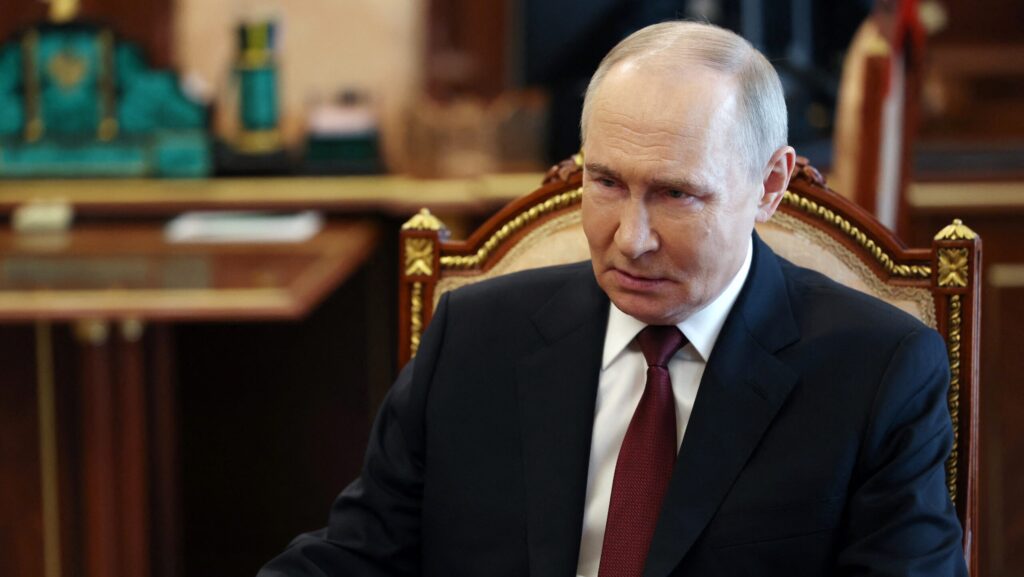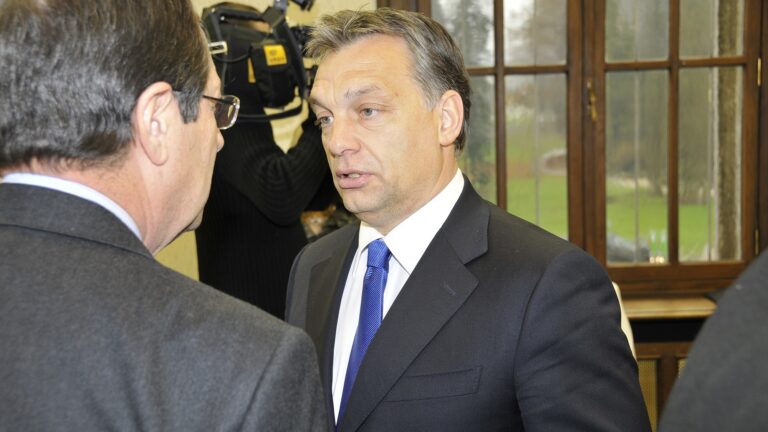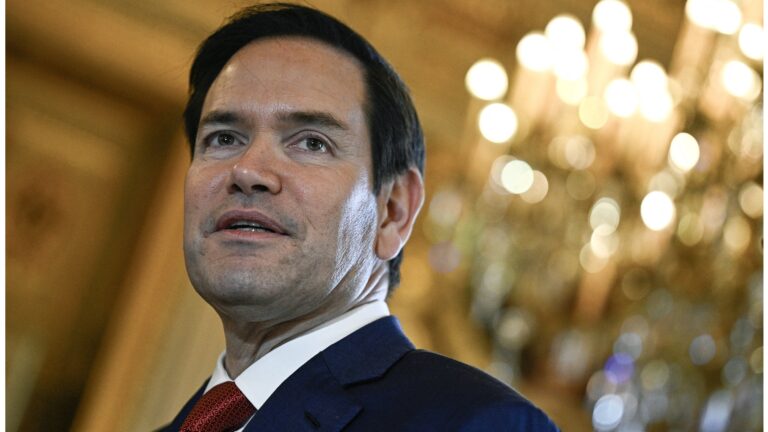On 26 February, the Biden administration issued yet another public warning against China providing military aid to Russia. China was warned that if Beijing supplied military aid that would harm Ukrainians, the country would have to bear the ´real costs´ of its actions.
The Biden administration’s warning came right around the time when Beijing announced to host Belarus’s close-to-Kremlin President Aleksandr Lukashenko for a state visit. China condemned Washington’s warning saying that it was ´hypocritical´ as US military aid keeps the conflict going. While so far China has not been aiding Russia with lethal weapons, it is likely that Beijing has supplied Moscow with strategic intelligence. About a month ago, the United States sanctioned Chinese companies on suspicion that they have been aiding Russia and the Wagner Group with satellite images. Currently, the question of ammunition is a crucially important concern for the leadership in Moscow as the country is not producing as much ammunition as it consumes on the battlefield. While Ukraine could tap into Western supplies, in case China agrees to send ammunition to Russia, Moscow could carry on with its artillery-led offenses that it used in mid-2022. Else than ammunition, China is also known to have considered supplying drones and tanks to Moscow.
Just a couple of weeks before the invasion of Ukraine, China and Russia jointly declared that there is ‘no limit’ to their friendship.
With the start of the conflict, Beijing refused to condemn Russia for the invasion and put the blame on NATO for Kyiv’s situation. Most recently, marking the first year anniversary of the invasion of Ukraine, the Chinese Foreign Ministry issued a 12-point summary on how to settle the crisis in Ukraine. The document, perceived to be pro-Russia in the West, called for the removal of unilateral sanctions, keeping supply chains stable, working on preventing a nuclear disaster while it also urged the resumption of peace talks. Beijing also declared that it ´will continue to play a constructive role in´ resuming negotiations, expressing its willingness to participate in the peace-making process between the two Slavic countries.
Chinese and Russian cooperation shows itself at the G20 summits in India, too. While some of the G20 countries were pushing to use the word ´war´ to describe the situation in Ukraine, Russia and China jointly resisted this phrasing. As a result, the summit of the G20 finance ministers and central bank heads did not reach a consensus about the description of the current even in Ukraine, failing to produce a joint declaration. The foreign ministers’ summit was also unsuccessful in trying to convince the participating countries. India hoped that a phrasing with regards to the conflict could be agreed upon, without upsetting Russia, with which it increased economic cooperation over the last year. However, as could be expected, both Beijing and Moscow showed no willingness to accept the proposed terminology, what is more, Russia even moved to accuse the US and the EU of instigating aggression in Ukraine. Interestingly, the Indian foreign minister, Subrahmanyam Jaishankar stated at the meeting that multilateralism is in crisis today, and the world has failed to stop wars.
During last November’s G20 summit the wording posed similar challenges, and eventually the summary of the event settled for ´war in Ukraine´ instead of ´Russia’s war in Ukraine´. While Russia is consistently using the ´special military operation´ wording for the situation in Ukraine, China refers to it as the ´Ukraine crisis´.

